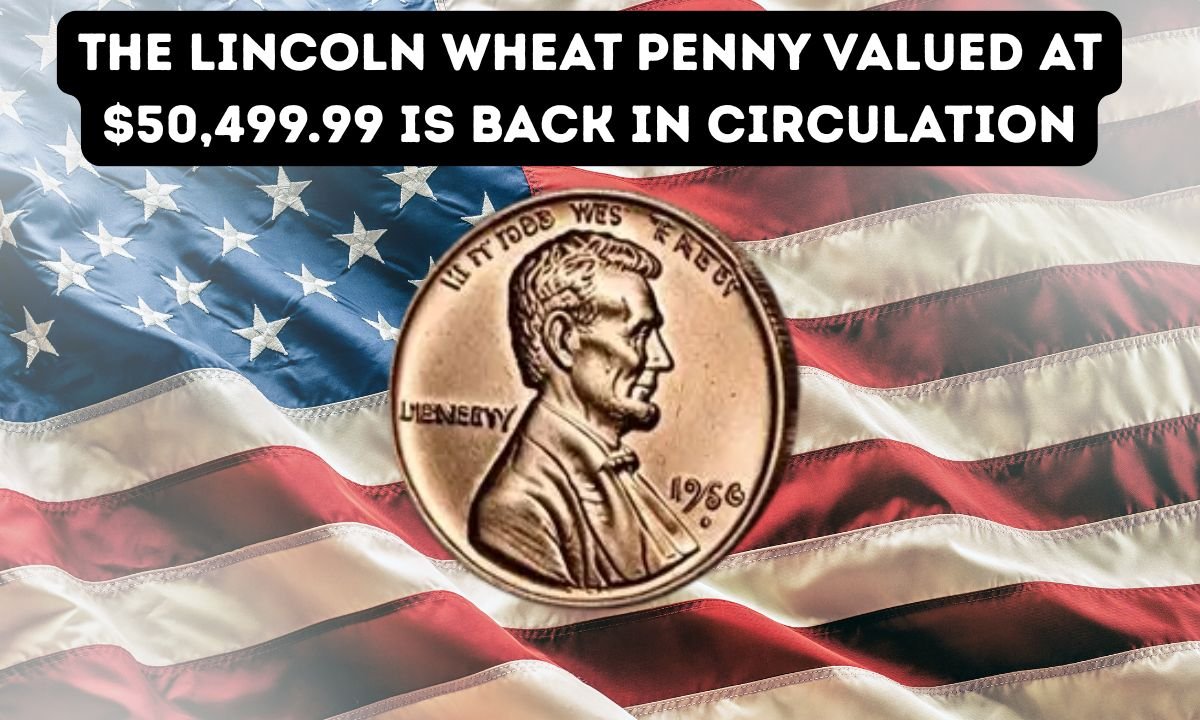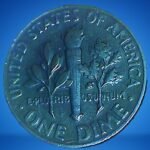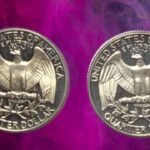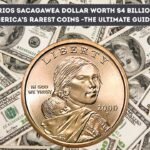It’s not every day that pocket change turns into a jackpot, but sometimes, life has a funny way of surprising us. Imagine paying for your morning coffee with a few coins, only to find out later that one of them was worth more than a luxury car. Sounds unbelievable, right? Well, hold on to your hats—because a Lincoln Wheat Penny, valued at an astonishing $50,499.99, has reportedly made its way back into circulation. And yes, that means there’s a chance it could be sitting quietly in someone’s change jar right now.
Let’s dig into this little copper miracle and figure out why this humble coin has people across the country checking their spare change with newfound excitement.
A Little History Behind the Lincoln Wheat Penny
The Lincoln Wheat Penny, also called the “Wheat Cent,” was first minted in 1909 to commemorate the 100th birthday of Abraham Lincoln. Designed by Victor David Brenner, it was the first U.S. coin to feature a real person’s face—something that caused quite a stir back then. The front (or obverse) of the coin shows Lincoln’s profile, while the back displays two stalks of wheat flanking the words “ONE CENT.” Simple, clean, and symbolic of the hardworking American spirit.
Between 1909 and 1958, millions of these coins were produced, but not all Wheat Pennies are created equal. Some have tiny minting errors or special characteristics that make them worth a fortune. To the untrained eye, they might look like any other penny, but to collectors, they’re like buried treasure.
Why Is This Particular Penny Worth $50,499.99?
Now, here’s where things get really interesting. The exact Lincoln Wheat Penny that’s causing all this buzz isn’t valuable because it’s made of gold or silver—no, it’s mostly copper, just like the others. Its astronomical value comes from rarity and condition. Certain years and mint marks—especially those with minting errors—are incredibly rare.
For instance, the 1943 copper Wheat Penny is one of the most famous error coins in U.S. history. During World War II, pennies were supposed to be made of zinc-coated steel to save copper for the war effort. But a few copper blanks were accidentally used, and only a handful of these copper 1943 pennies exist today. One of them sold for more than $200,000 in auction!
The $50,499.99 Lincoln Wheat Penny that resurfaced is believed to be from a similar rare batch—one of those few mistakes that slipped through the cracks. It might have a small mint mark difference or a double-die error (where the coin design is slightly duplicated). Either way, collectors are losing their minds over the possibility of finding one in everyday change again.
How Could It Possibly Be Back in Circulation?
You’re probably wondering, how does a coin worth fifty grand end up back in circulation? It sounds crazy, but it’s not impossible. Sometimes, these rare coins are passed down through generations, and someone—unknowingly—spends it, thinking it’s just a regular penny. Or maybe it was part of a collection that got mixed up with normal coins during a move or estate sale.
How to Check If You Have One
Now, before you start dumping out your coin jar, let’s make sure you know what to look for. Here’s a quick table to help you identify whether your Wheat Penny might be the jackpot kind:
| Year | Mint Mark | Material | Possible Value Range | Key Feature |
|---|---|---|---|---|
| 1909-S VDB | San Francisco | Copper | $1,000 – $50,000 | Designer initials “VDB” on bottom reverse |
| 1914-D | Denver | Copper | $500 – $20,000 | Rare mint mark |
| 1943 | Philadelphia | Copper (error) | $10,000 – $200,000+ | Should be steel, not copper |
| 1955 | Philadelphia | Copper | $1,000 – $15,000 | Double-die obverse (doubled lettering) |
| 1944 | Philadelphia | Steel (error) | $5,000 – $50,000 | Should be copper, not steel |
If you happen to spot a Wheat Penny that matches any of these descriptions, don’t rush to spend it. Keep it safe and get it appraised by a professional coin dealer. You never know—it could be your lucky day.
The Growing Craze Among Collectors
Coin collecting, or numismatics, has seen a revival lately, thanks to stories like this. It’s not just about history anymore—it’s about the thrill of discovery. People love the idea that something small, old, and ordinary could secretly be extraordinary. To be fair, in a world of digital currency and cashless payments, the nostalgia of holding a rare penny feels oddly refreshing.
Collectors, casual hobbyists, and even skeptics are now checking their coins more closely. And who can blame them? A penny that’s worth fifty thousand dollars is too good a mystery to ignore.
FAQs About the $50,499.99 Lincoln Wheat Penny
Q1: What makes the Lincoln Wheat Penny so special?
It’s a piece of American history—plus, certain versions are rare due to minting errors or limited runs.
Q2: How can I tell if my penny is valuable?
Check the year, mint mark, and whether it has any unusual features like doubling or material differences.
Q3: Can I clean my penny to make it look better?
No! Cleaning it can actually destroy its collector value. Always leave it as-is.
So, next time you get change at the grocery store, maybe take an extra second to look at those pennies. You never know—one of them could be a hidden fortune waiting to be discovered. And if it is? Well, that’s one story you’ll be telling for the rest of your life.










